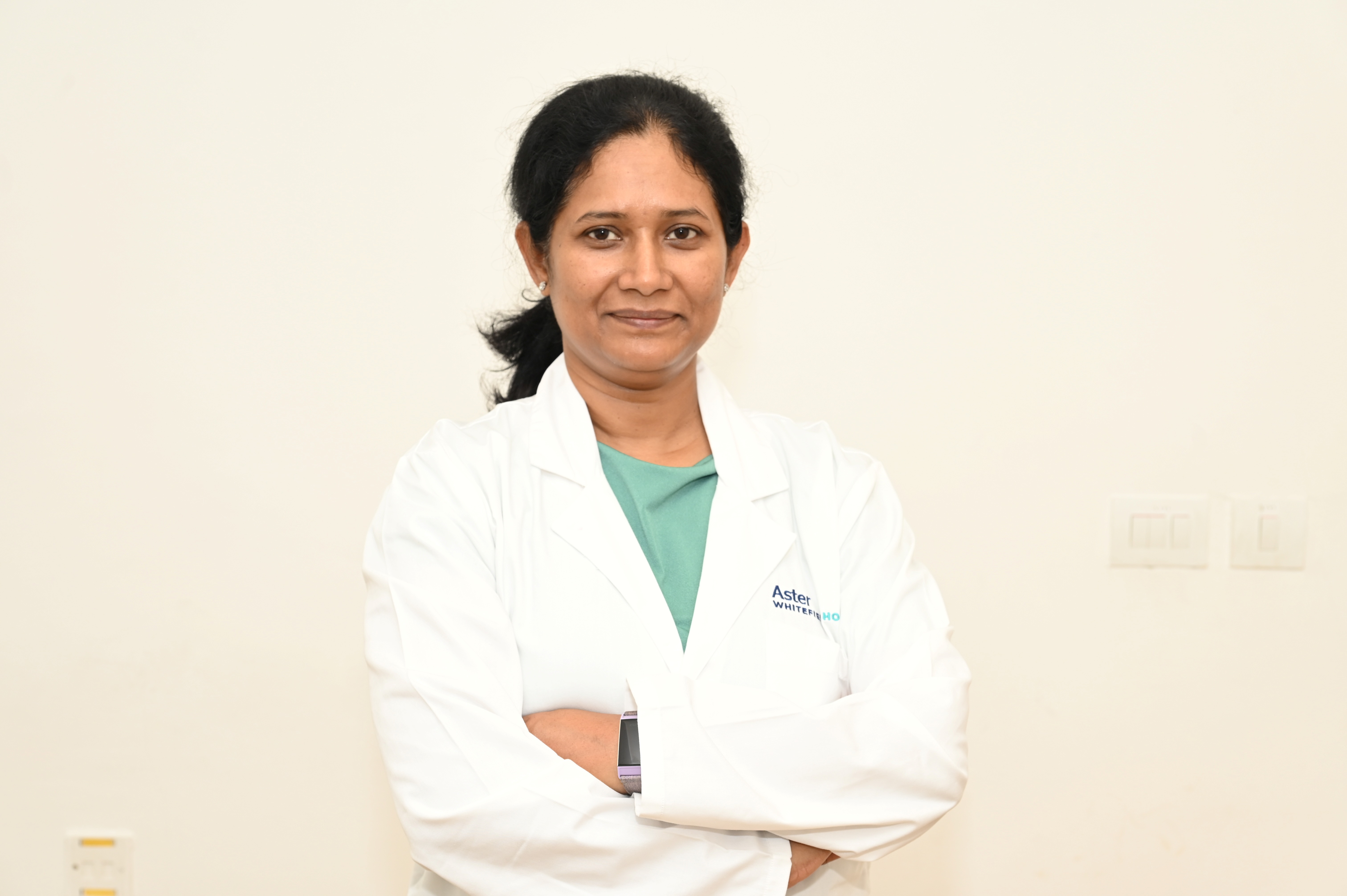Rather than losing all their teeth as they age, more and more dental patients are greeting old age with a number of their teeth still intact. Having more teeth has led to the advent of a relatively new dental patient group: partially dentate patients. These patients have one or more missing teeth, which are either congenitally absent or have been extracted due to disease, trauma or surgery.
FDI has launched a series of tools to offer this patient group a tailored, comprehensive approach to treatment and care. These include the Collaborative Care Continuum: The 3Cs pathway for partially dentate patients white paper, as well as guidelines designed for oral health professionals that support patient-practitioner communication and offer advice to manage patients who are partially dentate.
Even partial tooth loss affects many aspects of life and may:
Limit the enjoyment of certain foods; Undermine self-confidence; Lead to social isolation and affect relationships with others.
"Our work is focused on a personalized approach to managing partially dentate patients," said FDI President Dr Kathryn Kell. "We know that good patient-practitioner communication is linked not only to increased patient satisfaction, but also with better adherence to treatment."
Caring for a partially dentate patient follows a three-step process called the collaborative care continuum, or the 3Cs care pathway. This pathway includes:
A pre-treatment and assessment phase; A treatment phase; and A post-treatment and long-term care phase.
Oral health professionals should place equal importance on each of these three phases and organize their treatment and care plan along this continuum.
FDI's work on partially dentate patients is supported by GSK. "We are excited to collaborate with FDI to improve the treatment and care for this unique group of patients," said Dr Roshan Varghese, Global Medical Affairs Director, Denture Care, GSK. We believe that the most successful treatment relies on comprehensive patient education. A focus on long-term care and maintenance needs to become an integral part of any treatment for partially dentate patients."

 ADA FDI World Dental Congress in San Francisco, USA, FDI World Dental Federation (FDI) released its latest resources on the treatment and care of patients with partial tooth loss.
ADA FDI World Dental Congress in San Francisco, USA, FDI World Dental Federation (FDI) released its latest resources on the treatment and care of patients with partial tooth loss.









.jpeg)



.png)





.jpg)




.jpg)




